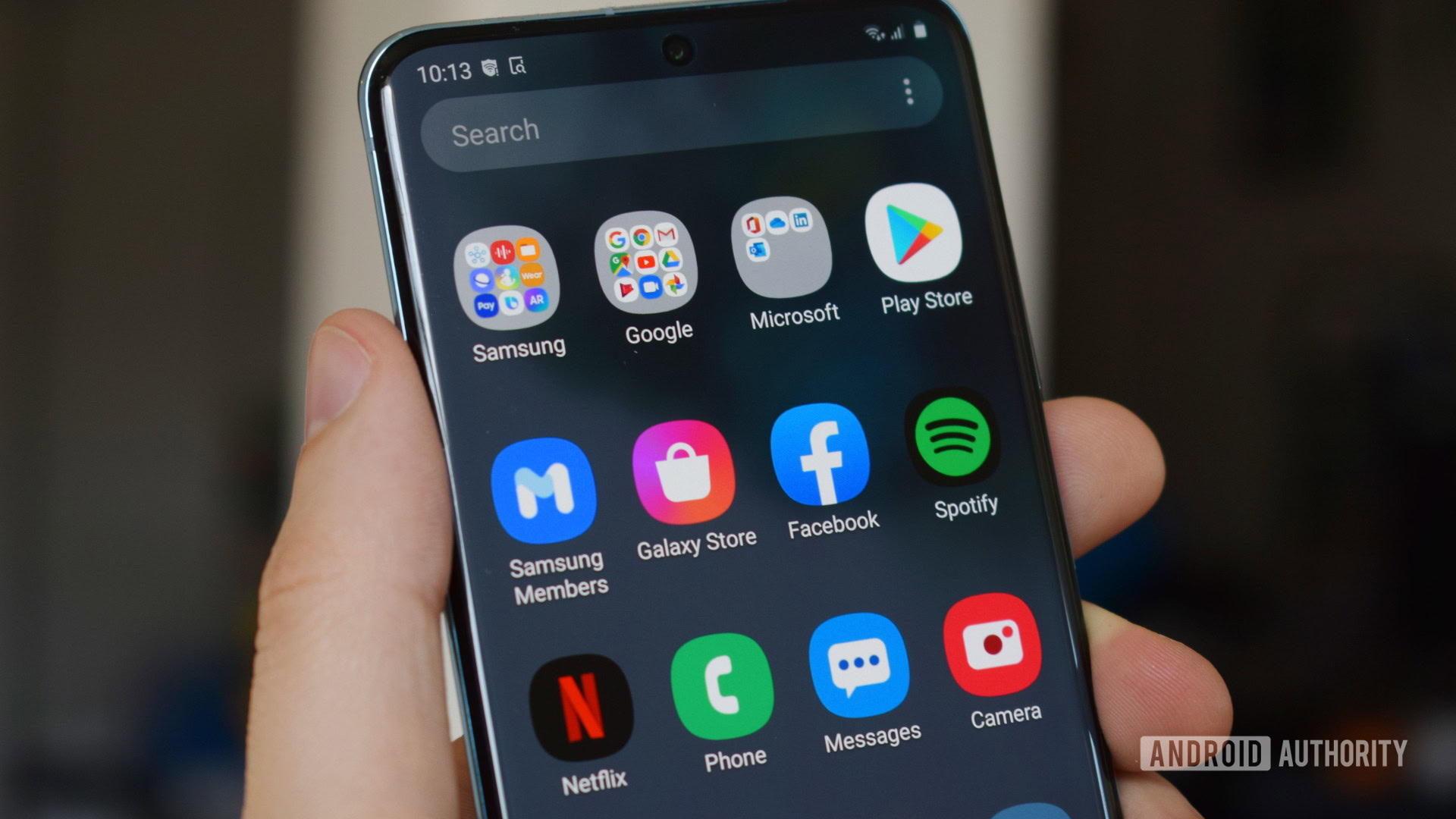Affiliate links on Android Authority may earn us a commission. Learn more.
Draft EU law would let you remove preinstalled phone apps

- A draft European Union law would require companies to let you remove preinstalled apps on phones and computers.
- This Digital Services Act would also require Big Tech to share data with rivals.
- The finished law is expected by the end of 2020.
Do you despise having non-removable bloatware on your phone or computer? In Europe, at least, you might not have to put up with it for much longer. The Financial Times reports (via Reddit) that a draft EU law, the Digital Services Act, would let you uninstall preinstalled apps on “large platforms.”
There aren’t many details, but the potential law could also ban companies from both preinstalling their own apps and forcing others to “exclusively” preinstall that software.
It’s not clear just which apps would be subject to the draft law, although it appears primarily aimed at “Big Tech” companies that strike deals to include their apps, like Facebook and Google. The EU fined Google for allegedly pushing phone makers to bundle its apps on Android phones. Google said companies weren’t forced to include its apps, but that was recently called into question after Epic Games accused it of blocking LG and OnePlus deals that would have offered Fortnite and other software beyond the Play Store.
Related: Android users are twice as likely to uninstall apps than iOS users
If it passes, the legislation could theoretically let you uninstall apps from your carrier, not to mention preinstalled utilities that aren’t strictly essential to using your device.
The Digital Services Act would also require that large companies share customer data with competitors involved in “the same commercial activities.” They would also have to limit the scope of data collection — ad data couldn’t be used for other services, for example.
The proposed law should be ready by the end of 2020. It could easily face resistance from Google and other tech firms that have advocated for only light updates to regulations and object to labeling certain companies as “gatekeepers.” If it passes, though, it could be good news for not only users who want more control over the devices they own, but the creators of alternative apps that might otherwise get overlooked.
Thank you for being part of our community. Read our Comment Policy before posting.